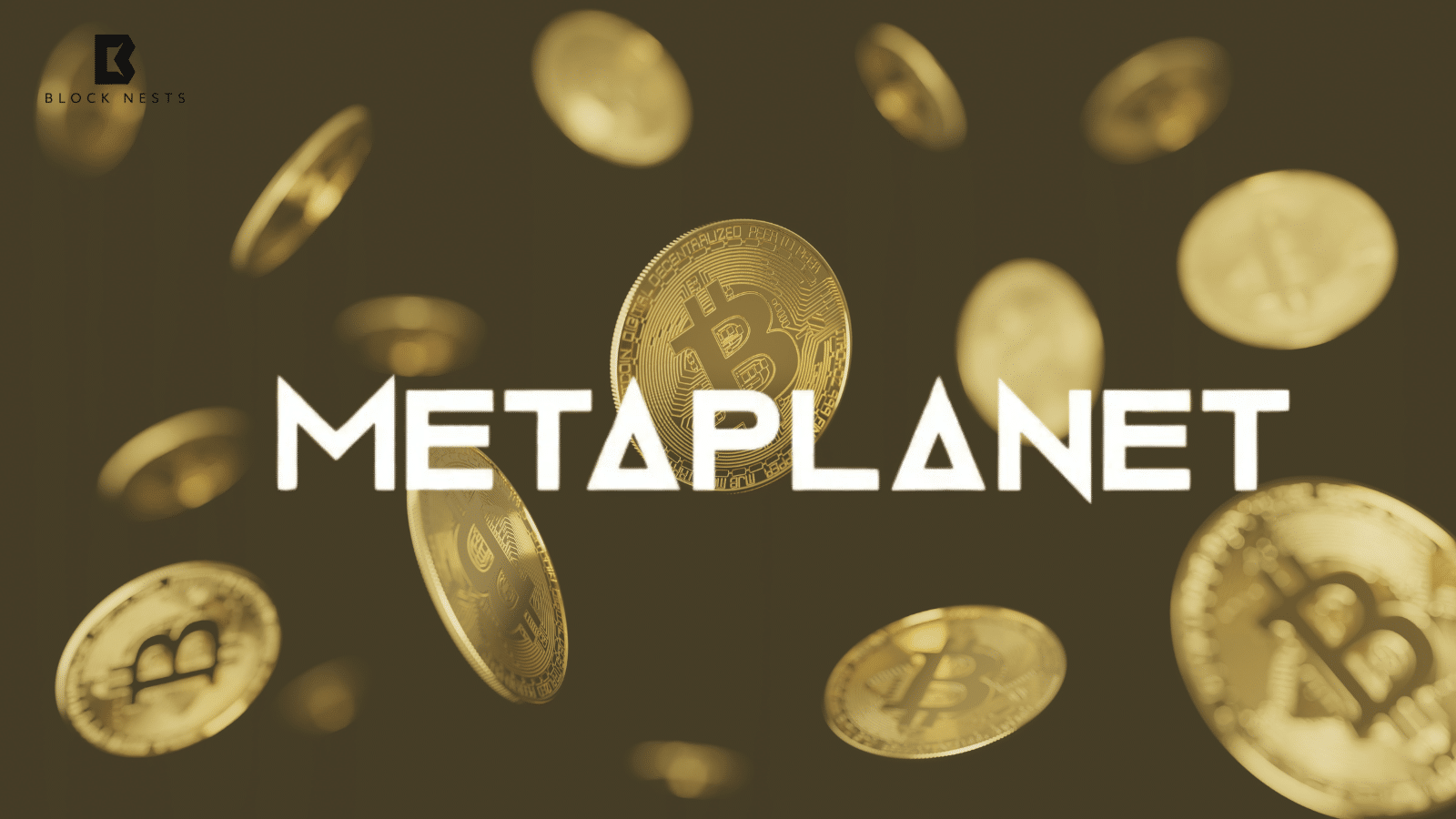- The SEC confirms that meme coins are not securities, exempting them from federal securities laws.
- Legal experts warn that fraud and deceptive practices involving meme coins can still face prosecution.
- Trump’s TRUMP meme coin controversy fuels debates on political influence in digital assets.
The U.S. Securities and Exchange Commission (SEC) has officially clarified that meme coins are not subject to federal securities laws, marking a significant moment for the crypto industry. In a statement released on Thursday, the regulator’s Division of Corporation Finance emphasized that meme coins do not meet the criteria for securities under existing legal frameworks.
According to the SEC, meme coins function primarily as “collectibles” that thrive on social engagement and speculative trading rather than as traditional financial instruments governed by securities laws. The agency stated that transactions involving meme coins do not require registration under the Securities Act 1933.
“It is the Division’s view that transactions in the types of the tokens described in this statement do not involve the offer and sale of securities under the federal securities laws,” the SEC’s press release highlighted.
This clarification removes a significant regulatory burden from meme coin issuers and traders, ensuring that projects like Dogecoin (DOGE) and other trending tokens can continue operating without SEC registration.
Legal Loopholes & Enforcement Risks
While the SEC’s stance appears favorable for meme coin enthusiasts, legal experts caution that this does not grant immunity from enforcement actions. Bain Capital Crypto lawyer Khurram Dara pointed out that fraudulent activities linked to meme coins could still face prosecution under other federal and state laws.
This basically confirms what we already knew and the consensus legal view – that true memecoins where there are no promises/pooling of funds for future development, etc. are not investment contracts.
— Khurram Dara (@KhurramDara) February 27, 2025
BUT folks seems to be glossing over the very important caveat and warning in… https://t.co/ctKmXevltz pic.twitter.com/mQDPpwAnsQ
“Fraudulent conduct related to the offer and sale of the tokens may be subject to enforcement action or prosecution by other federal or state agencies,” the SEC warned.
While the tokens are not classified as securities, any deceptive practices, such as misleading promotions or rug pulls, could still invite legal consequences.
The SEC’s announcement coincides with growing political concerns over meme coins, particularly those associated with public figures. House Democrats are reportedly drafting the Modern Emoluments and Malfeasance Enforcement (MEME) Bill, which aims to prohibit politicians and their families from launching or promoting the tokens.
California Representative Sam Liccardo leads the charge; he believes the bill will prevent public officials from exploiting their influence for financial gain.
“Political figures should not use their status to pump and dump digital assets at the expense of everyday investors,” Rep. Liccardo stated in an interview with ABC News.
Trump’s Meme Coin Sparks Controversy
The proposed legislation appears to directly respond to President Donald Trump’s involvement in the TRUMP meme coin, which was launched just days before his inauguration. The token saw a meteoric rise before experiencing a sharp 50% decline, triggering a backlash from the crypto community.
While some, like Crypto Czar David Sacks, argue that the TRUMP meme coin is merely a collectible, others see it as a blatant attempt to capitalize on political branding. The controversy has reignited discussions about ethical boundaries in digital asset markets.
With the SEC taking a hands-off approach to meme coin regulation, the industry may see further innovation and mainstream adoption. However, the looming MEME Bill could set new restrictions on politically affiliated tokens, shaping how the tokens intersect with public figures in the future.
For now, meme coin traders and developers can sigh relief, but the legal landscape remains unpredictable as lawmakers and regulators refine their digital asset approach.
Related | Ethereum Leadership Shift: Aya Miyaguchi Transitions to President Role
How would you rate your experience?






